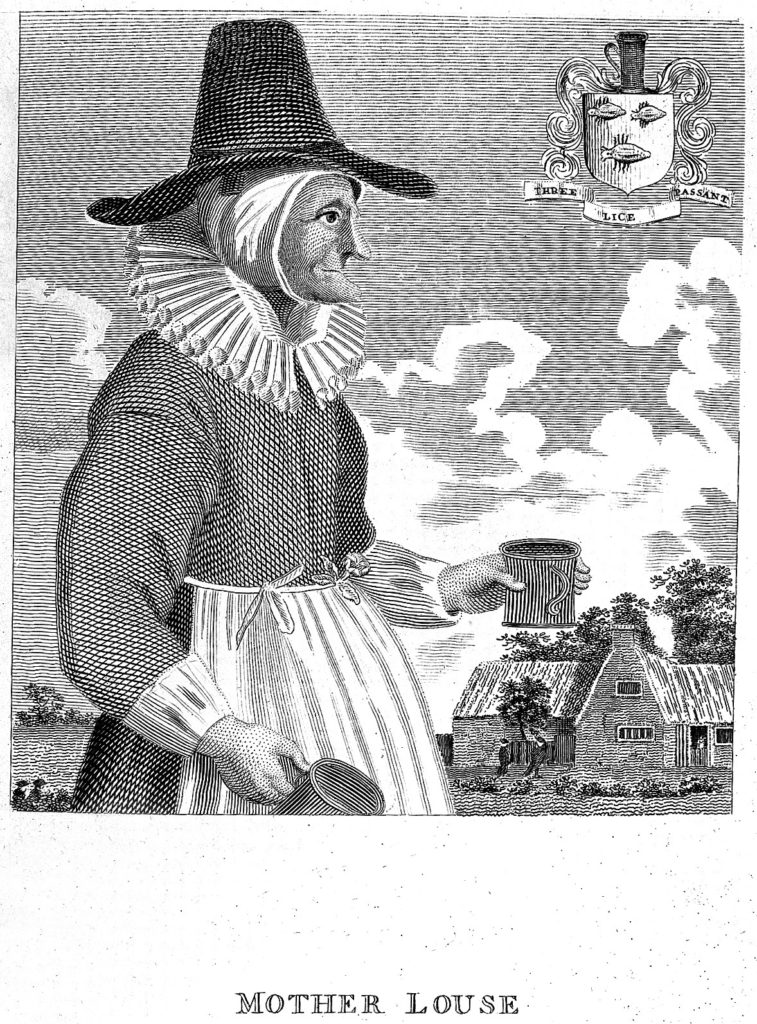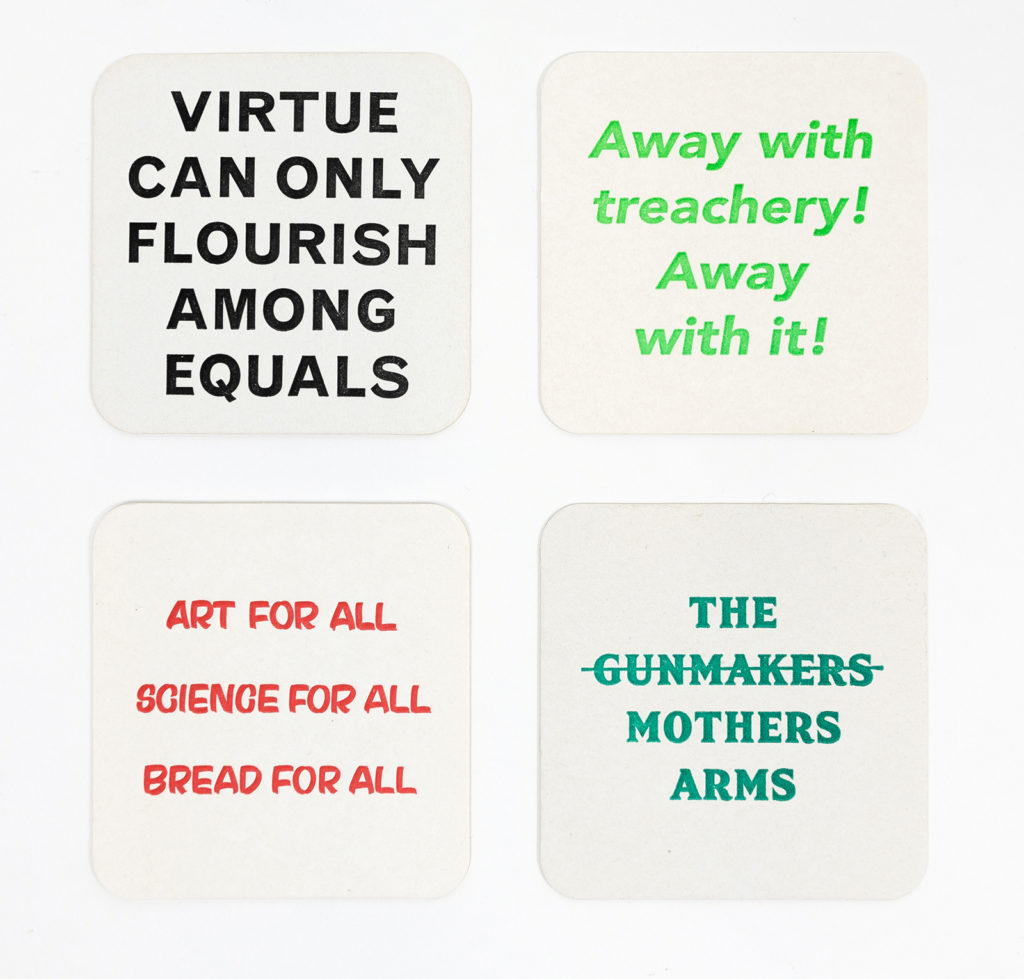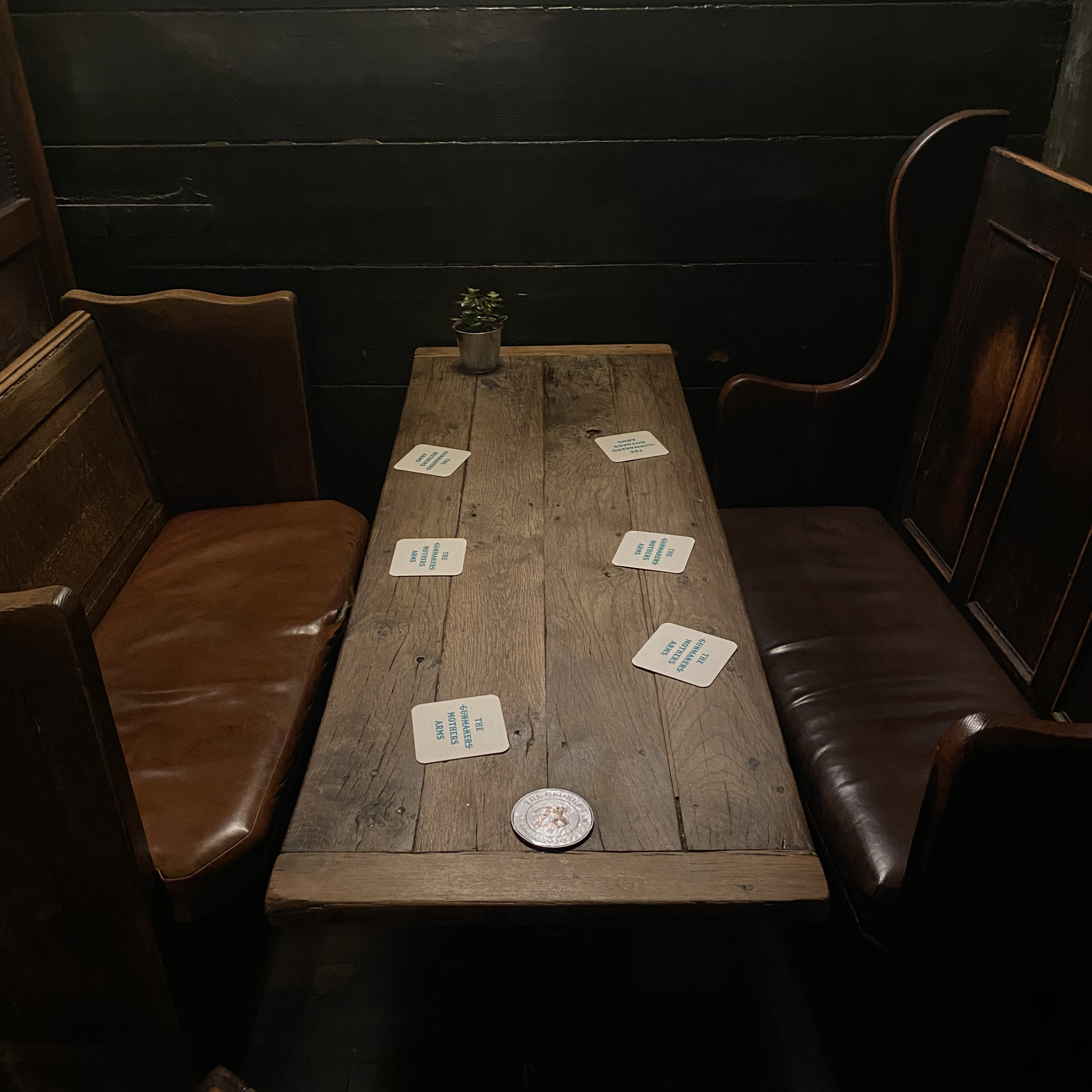

Pubs are pretty fascinating spaces. I don’t mean bars and shiny new places but proper old pubs and the unique ecosystem, traditions and acceptable behaviours found within them. Like many people I have what you might call a love / hate relationship with pubs. As a women there are certain ones you know just not to go in at all – there is often an unspoken knowledge of where and where not to enter.
When we think about the history of pubs we might think of the typically male, working class culture surrounding them. But if we go back to pre-industrialisation when brewing was a decentralised process – it took place on a domestic scale and it was carried out by women known as ‘alewives’.
Gradually as these alewives became celebrated within their communities local people would go into their houses to drink and to exchange or buy ale. It became custom that when, after a few days when the ale had brewed the alewife would create a make shift bar indoors and place an ale stake or broom outside the house – transforming the home into a public space and in turn establishing the tradition of the pub sign hanging on a pole.
During the Middle Ages most people drank a weak form of ale daily – it was brewed from barley every few days – and because of the long boiling process it was safer than the drinking water available. Town councils legislated the selling of ale. Single women were not allowed to brew – hence the name alewives or brewsters as they were sometimes known.
Hops came into Scotland in the 15th century meaning the creation of beer rather than ale – and that lasts longer so the brewing process became more commercially viable. In Scotland women stay dominant in brewing later than in England, because hops come to Scotland later.
So as we are thinking about the female origin of the public house let us visit our first establishment, it’s at no 438 Old Ford Road in Bow, East London. It’s called The Mothers’ Arms and it’s not really a pub at all…
Extract from A Public Class: Radical Pub Crawl, an online event produced during lockdown commissioned by The Cooper Gallery.
